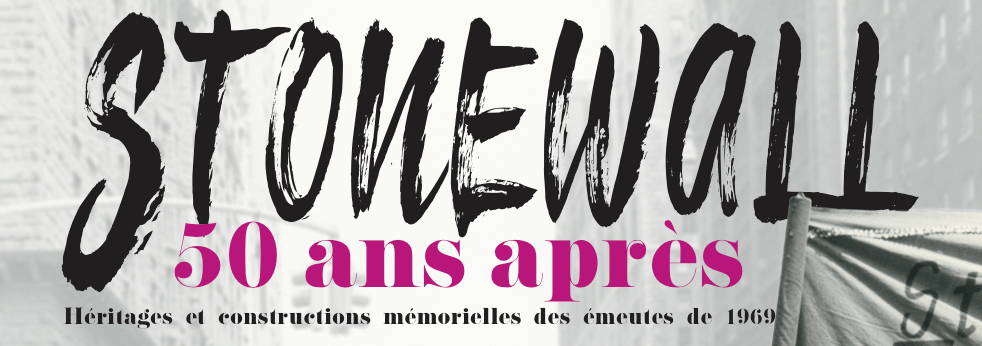This paper looks at how LGBTQ activism is remembered in contemporary cinema by focusing on the UK film Pride (2014) and its depiction of cross-community cooperation. Directed by Matthew Warchus, Kevin-Niklas Breu is a PhD student of history at the University of Bremen specialised in 20thcentury Anglo and Latin American, social movements, and LGBT history. Pride focuses on Lesbians and Gays Support the Miners (LGSM), an activist group whose work during the 1984-1985 Miners' Strike went on to influence both the National Union of Mineworkers' support for gay rights, and the amendment of the Labour Party constitution in favour of LG people. In my analysis of the film, I will focus in particular on two aspects of Pride's presentation of LGSM; firstly, I am interested in how the film (mis)remembers the activism of queer women, and secondly, how it locates LGSM's activism with respect to broader issues of neoliberal reform. In the paper's first part, I will thus analyse how activist and politically transformative action is depicted on screen as gendered, and how this gendering differs depending on whether it pertains to queer or heterosexual women. I will argue that Pride marginalises lesbian separatist activists in favour of LGSM's gay male members, and that it depicts heterosexual women as primarily caregivers in spite of their own activist role.
After this, I will examine the film's presentation of the connection between LG rights and the socioeconomic systems within which these rights are contained. In particular, I am here interested in whether questions of labour rights and neoliberal reform are presented as interlinked with, or external to the past of the queer civil rights struggle, and of how this is reflected in the film's presentation of LGSM. In analysing Pride, I draw on the archival research I have undertaken at the People's History Museum in Manchester, which hosts an extensive collection of materials relating to LGSM, and thus presents an invaluable resource for looking at which aspects of the group's story Warchus' film chooses to remember and which to forget. I draw on this archive not due to the belief that historical film must adhere absolutely to historical fact - rather, I do so in order to gauge what version of queer activist memory is being promoted by the film, and how this comments on both the present and past of the LGBTQ rights movement.
Speaker
Anamarija Horvat is a researcher at Northumbria University, UK, where she has recently submitted her PhD thesis on contemporary American and British cinematic and televisual representations of queer memory. Her work on “Streaming Privilege: Addressing Intersectionality in Transparent” is forthcoming in the Critical Studies in Television journal, while her essay “Matchless in His Irony: Empathy and the Aesthetics of Death in Bryan Fuller's Hannibal” is similarly forthcoming an edited collection on the series (McFarland). Her entry on “Queer TV” is also due to come out in the Encyclopaedia of Gender, Media and Communication, edited by Karen Ross (Wiley Blackwell).She has presented her work at numerous conferences, has organised conferences (most recently, on the ‘Queer Screens' 2017 conference), and is currently co-chair of the NECS (European Network of Cinema and Media Studies) ‘Feminist and Queer Research' workgroup. Before receiving a fully-funded PhD scholarship at Northumbria, she earned an MA and BA in both Philosophy and English Language and Literature at the University of Zagreb, Croatia.

 PDF version
PDF version
